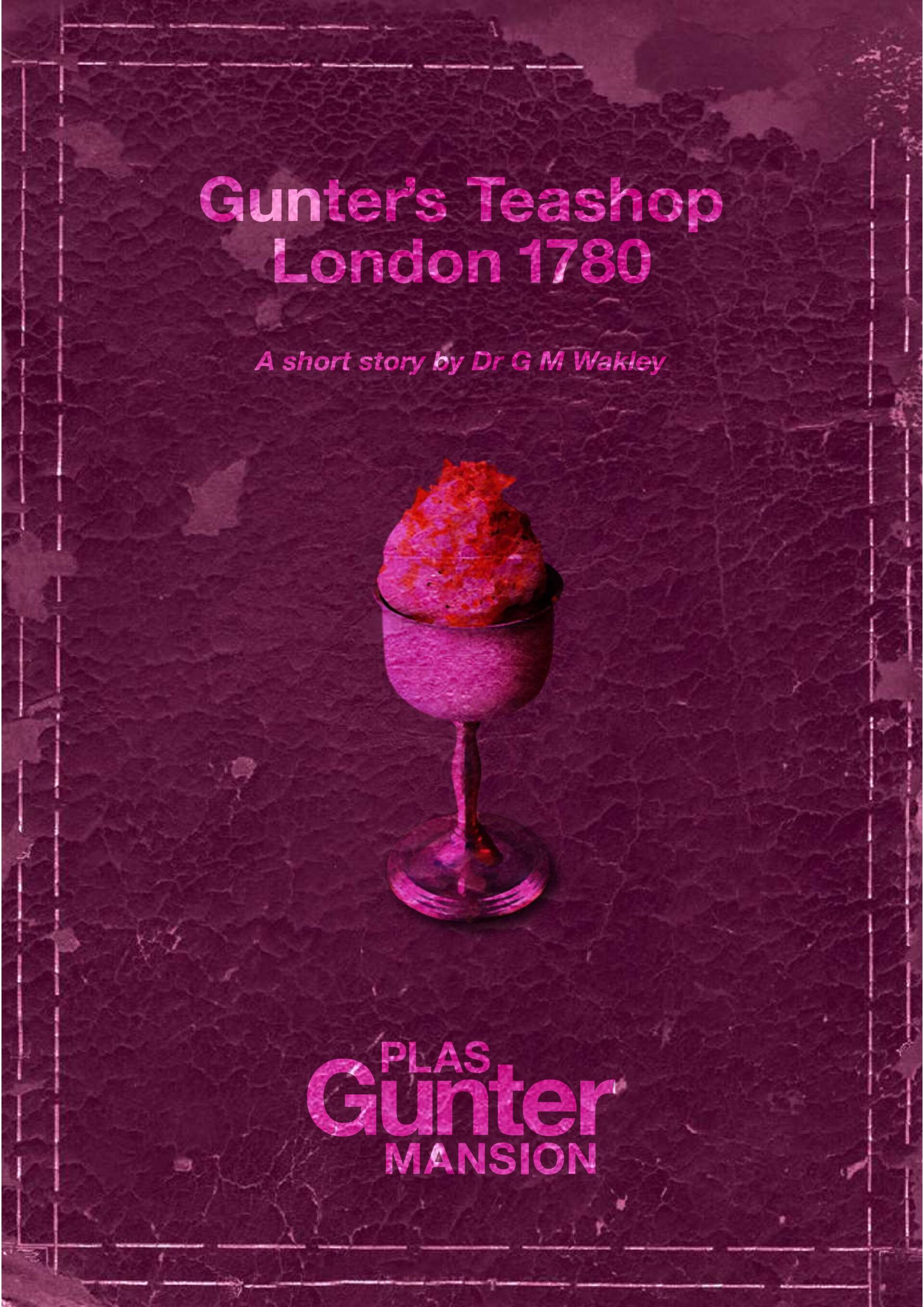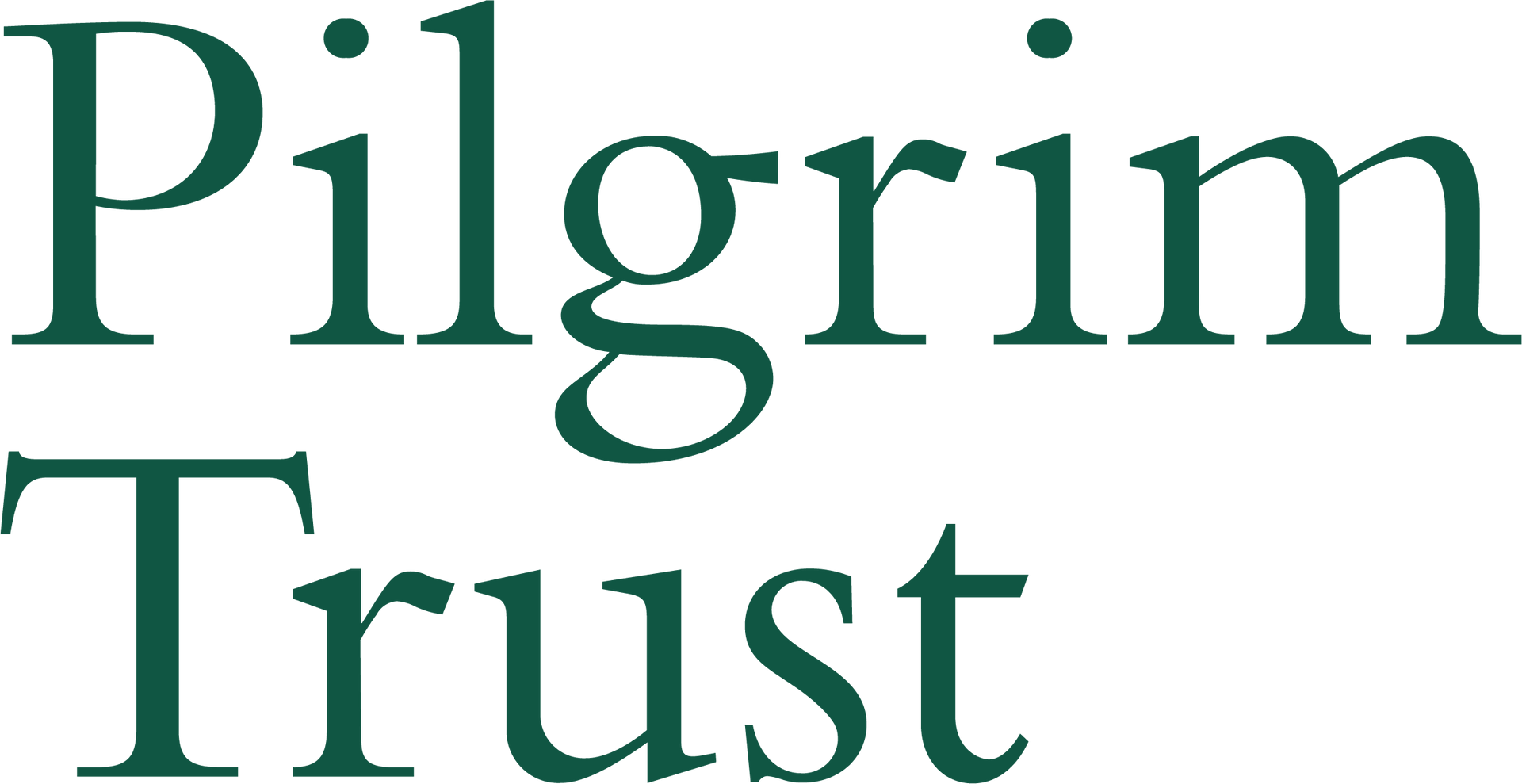Plas Gunter Mansion serves up a feast

The team driving the Plas Gunter Mansion renovation in Abergavenny are looking to Abergavenny’s historical connections with food and the food industry to help secure funding.
A bid to the National Lottery Heritage Fund (the Heritage Fund) for £1.6 million to restore the town centre 17th century mansion was stopped in its tracks when the country went into lockdown. This was followed by a period of 18 months when no new funding applications were being considered.
During that time, the Heritage Fund changed its criteria for funding meaning that the Plas Gunter Mansion (PGM) team had to go back to the drawing board to rework their application now that there was an even greater emphasis on hard evidence as to how the building was going to benefit the community.
“With any heritage project you’re in it for the long game,” says Owen Davies, Chair of the Plas Gunter Mansion Trust, and the next 12 months are going to be critical. It’s important that we get the application right because the size of our project would take up all the funds available in one funding round for Wales so we have to make it as good as it possibly can be.”
Records have established a connection between the mansion, the Gunter family and Regency London. The Gunters, who built and lived in the building on Cross Street, would go on to be key players in the confectionery world, continuing to the present day.
“It seemed fitting to explore this part of the Gunter story because of Abergavenny’s reputation as a food destination,” says Owen Davies, adding that they’ve been awarded a development grant to look further into the food connection.
The Abergavenny Food Festival as well as the establishment of one of the UK’s first gastro pubs, The Walnut Tree - opened in the early 1960s by Franco Taruschio - have placed Abergavenny firmly on the UK and European culinary map.
Residents of Abergavenny will remember that up until a few years ago, part of the Gunter mansion was “The Pot and Pineapple”, a traditional sweet shop opened by Amanda Peters who was instrumental in initiating the building’s restoration project. The shop was so named because of the mansion’s historical connection with London in the 18th Century.
Anne Gunter was the sister of Walter Gunter, the last Gunter we know to have lived in Plas Gunter Mansion. Anne married Domenico Negri, a skilled confectioner and ice cream maker and together they set up The Pot & Pineapple on Berkeley Square, London in 1757.
Anne Gunter herself ran the business and it became Gunter’s Teashop which Jane Austen name-checked in her novels. The recipe books, Gunter’s Modern Confectioner and The Complete Confectioner published in 1789, are still available and the business survives today as high-end event caterer, Payne & Gunter.
Local historian, Dr Gill Wakley, has written two stories relating to Plas Gunter Mansion’s historical food connection and these will be on sale from the weekend of the Abergavenny Food Festival, 16th to 18th September at the mansion’s pop-up exhibition space at 39a Cross Street.
“It’s people stories like these that bring an historical building alive and will capture the imagination of the community and future visitors to the mansion,” says Owen Davies. “The application for funding will still focus very much on the established themes of tolerance and reconciliation but we feel that food fits well with these themes as it has always played a part in bringing people and communities together.
“We now have to work on what the building is going to contain as a visitor experience but we feel confident that we have themes that will resonate: Tolerance, reconciliation and food history,” he adds.
The Grade II* listed building is of historical importance because of the discovery of a secret chapel in the attic where Catholics worshipped during a period when it was illegal and dangerous to do so. It is the only known recusant chapel that exists in Wales and one of the best surviving examples in the whole of Britain.
The themes of tolerance and inclusion allude to a darker side to the building’s history: one of the priests who led the secret services was denounced to Parliament by priest-hunter, John Arnold of Llanfihangel Court, near Abergavenny. He was arrested, hanged, drawn and quartered at Usk on 27th August 1679. Father – later Saint – David Lewis was Wales’ last Catholic martyr.
As the team continues to work with funding experts to put together their bid, they are keen to bring more volunteers into the fold and to raise more funding in donations for the general upkeep of the building and the pop-up exhibition space which is open Tuesdays and Saturdays from 10.30 until 4pm between March and December. To donate please click on the link.
Anyone interested in helping out with research, surveys and connection with local and national organisations should contact the administrator and trustee, Deborah Holland at: info@plasguntermansion.org.uk or pop into the shop to speak to a volunteer on Tuesdays, Saturdays or over the Food Festival weekend.
More information, including a 360-degree video tour of the building as it is, is available on the website.
















